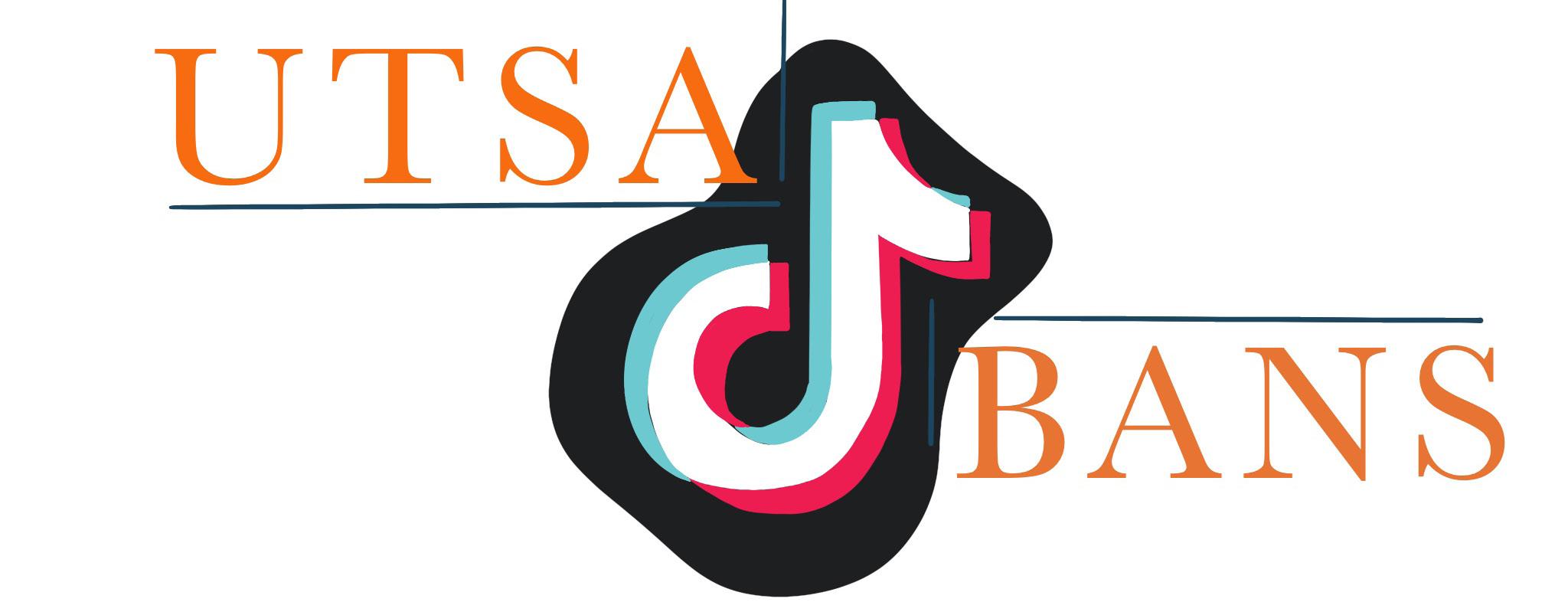
1 minute read
Restricting the wrong rights
from Vol. 65, Issue 2
by The Paisano
Point vs Counterpoint
By Riley Carroll Arts & Life Editor

The government is taking away our rights like nobody’s business, but not the lethal liberties that claim the lives of many. Women have lost reproductive freedoms, and TikTok has been banned on all government devices and many public university networks. Meanwhile, one of the only rights that are being firmly protected doubles as the United States’ leading cause of death for children and teens: firearms. A social media app should be the least of our concerns.
So, what exactly can be accessed through TikTok? In his letter to state agencies, Texas Governor Greg Abbott explained that data indicating “when, where and how [users] conduct internet activity” can be shared with
Commentary the Chinese government and pose a security threat.
Of course, it is understandable for the government to worry about cyber security in confidential state matters, but for public universities to take part in the TikTok ban is unnecessary, especially when the government bans a social platform that acts as an entertainment source and an informational news source for millions of people on personal devices. Though using TikTok as a news source is not the most reliable choice, restricting access to this information under the guise of privacy protection can limit personal freedoms and access to information.
Furthermore, the TikTok ban at public universities only limits activity while connected to campus WiFi. If the Chinese Communist Party wants to access college students’ data through TikTok, they may do so the majority of the time that we are not connected to Air Rowdy or similar networks. Not to mention, the U.S. government likely has the same data accessibility through American-owned social platforms like YouTube, Instagram, Facebook, Twitter and more. When the idea is deconstructed, banning TikTok seems purposeless — and it essentially is.
“The state’s decision to ban TikTok seems like an overreaction,” UT Austin student Gabriel Orellana told the Austin-American Statesman. “So many apps and websites these days are collecting our data and personal information so it seems normal at this point.”


Hard-working college students should not have to cough up thousands of dollars to attend a university that confines social media usage on their electronics like an overprotective parent — we are fully capable of deciding what to restrict for ourselves.






